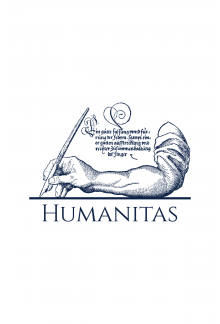- Titulinis
- Dalykinė ir mokslinė literatūra
- Fiziniai ir gamtos mokslai
- Biologija
- Bidirectional Gene Promoters

Fumiaki Uchiumi
Bidirectional Gene Promoters
Balsavo 0
ISBN: 9780128187876
Autorius : Fumiaki Uchiumi
Leidimo metai: 2022
Leidėjas: Elsevier
Leidinio kalba: Anglų
Formatas: Minkšti viršeliai
Formatas: 9.25×7.5
Autorius : Fumiaki Uchiumi
Leidimo metai: 2022
Leidėjas: Elsevier
Leidinio kalba: Anglų
Formatas: Minkšti viršeliai
Formatas: 9.25×7.5
Kaina:
Šių parametrų produkto neturime
Likutis pakankamas
Iš leidyklos gausime per 3-5 savaitės. Galimas vėlavimas
Turime sandėlyje. Pristatymas Lietuvoje 1-4 d.d.
Iš leidyklos gausime per 3-5 savaitės. Galimas vėlavimas
Pristatymo sąlygos
Aprašymas
<p>Recent studies in human genetics and <i>in silico</i> analyses have revealed that a number of genes are head-head orientated with other genes or non-coding RNAs. The expression of regulatory element-containing 5’-upstream regions of gene pairs are referred to as <i>bi-directional promoters</i> and are thought to have a key role in biological regulatory mechanisms.</p> <p>For example, tumor suppressor protein-encoding <i>TP53</i> and <i>BRCA1</i> genes are head-head bound with <i>WRAP53</i> and <i>NBR2</i>, respectively. DNA-repair factor-encoding <i>ATM</i> and <i>PRKDC</i> (<i>DNA-PKcs</i>) genes have bidirectional partner <i>NPAT</i> and <i>MCM4</i>, respectively. Surveillance of the human DNA database has revealed that the numbers of DNA repair/mitochondrial function/immune response-associated genes are bound with other genes that are transcribed to opposite direction. The observations may encourage us to investigate in the molecular mechanisms how DNA repair/mitochondrial function/immune response-associated genes are regulated by bidirectional promoters. Not only protein-coding genes, but also quite a few ncRNAs, which play important roles in various cellular events, are transcribed under the regulation of the bidirectional promoters. More importantly, we know that dysregulation in the promoter activity and transcription initiation of genes might cause human diseases. </p>
Atsiliepimai (0)
Palikite atsiliepimą
